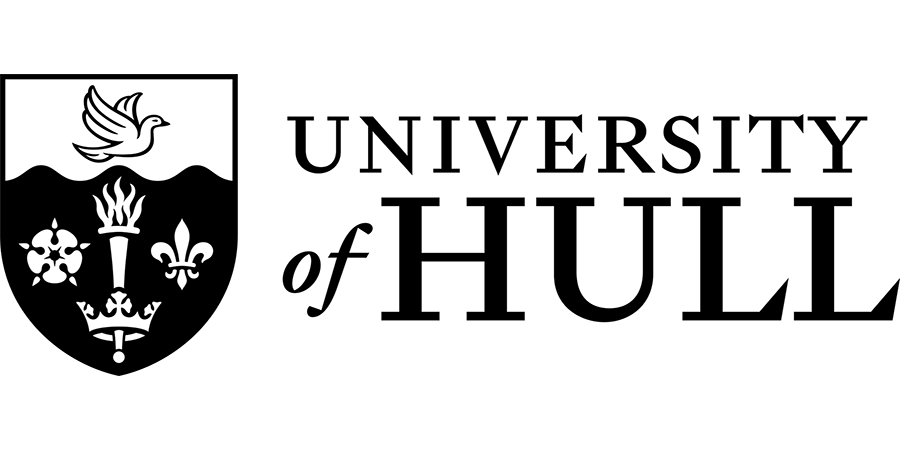PhD Studentship - Efficient and Sustainable Offshore Wind Turbine-driven Green Hydrogen Production
University of Hull
| Qualification Type: | PhD |
|---|---|
| Location: | Kingston upon Hull |
| Funding for: | UK Students |
| Funding amount: | £20,780 |
| Hours: | Full Time |
| Placed On: | 17th March 2025 |
|---|---|
| Closes: | 9th May 2025 |
Supervisor(s)
- Dr. Mohammed Ismail
- Prof. Masamichi Nishihara, Kyushu University, Japan
- Prof. Stephen Lyth, University of Strathclyde Glasgow
- Dr. Michael Smailes, Offshore Renewable Energy Catapult
Enquiries: m.s.ismail@hull.ac.uk
This project is co-sponsored by the Offshore Wind Energy Catapult, the UK’s leading technology innovation and research centre for offshore renewable energy.
Green hydrogen, produced from renewable sources such as offshore wind energy, plays a vital role in decarbonising hard-to-electrify sectors such as shipping, aviation, and heavy industry. This project will look to develop more sustainable and cost-effective catalysts to boost the affordability, sustainability and lifetime of the green hydrogen conversion technologies.
The UK actively supports wind-to-hydrogen projects such as Dolphyn and Gigastack. Polymer electrolyte water electrolysers (PEWEs) are a preferred choice for these projects due to their high efficiency and responsiveness compared to alkaline electrolysers. PEWEs rely on sulfonated fluoropolymer electrolytes such as Nafion, which are high-performance materials with excellent ionic conductivity. However, these electrolytes pose challenges as they are both prohibitively expensive and contain perfluorosulfonic acids, known as "forever chemicals", with adverse ecological effects due to their persistence in the environment. Furthermore, the sulfonated fluoropolymer electrolytes exhibit relatively low durability, being more susceptible to chemical degradation caused by free radical attacks. Given these concerns, it becomes imperative to explore more sustainable, cost-effective, and durable polymer electrolyte alternatives.
Hydrocarbon electrolytes are often cost-effective, readily synthesised, and environmentally friendly. Notably, a hydrocarbon-based electrolyte, the polyvinyl alcohol (PVA) membrane, has exhibited enhanced durability compared to Nafion membrane electrolytes (this study has been led and published by Prof Nishihara and Prof Lyth, co-supervisors for this PhD project). However, its ionic conductivity is less than of Nafion membrane electrolyte, and it is susceptible to water solubility. Consequently, there is a need to chemically and mechanically enhance PVA-based membrane electrolytes to boost their ionic conductivity and water stability. This project marks the first time that the focus is on developing considerably more sustainable and cost-effective PVA-based membrane electrolytes. This will ultimately boost the affordability, sustainability and lifetime of the green hydrogen conversion technologies including the PEWEs.
Below are the specific objectives of the project:
- Construct a physical model for the hydrogen electrolyser to optimise the properties of the newly developed membrane electrolyte theoretically.
- Employ computational results to guide experiments, thereby expediting design iterations, and conserving time and resources.
- Validate the theoretical models using empirical data generated from experiments.
- Utilise advanced characterisation techniques to gain insights into ionic conduction, gas permeation, and degradation in PVA-based membrane electrolytes.
- Investigate the impact of chemical and mechanical agents on the ionic conduction, gas permeation, and degradation of the proposed electrolytes.
- Test the developed membrane electrolytes in lab-scale hydrogen electrolysers.
Entry requirements
If you have received a First-class Honours degree, or a 2:1 Honours degree and a Masters, or a Distinction at Masters level with any undergraduate degree (or the international equivalents) in engineering, chemistry, computer science or physics, we would like to hear from you.
This scholarship is available to Home (UK) students only.
Advert information
Type / Role:
Subject Area(s):
Location(s):









